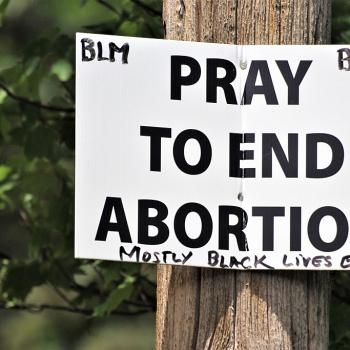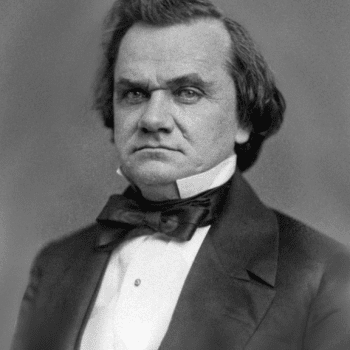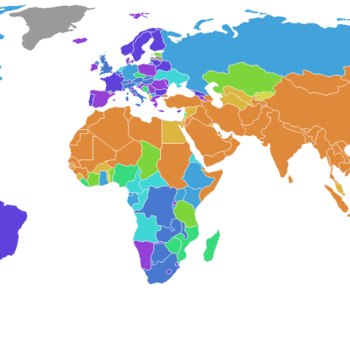The Centers for Disease Control and Prevention says the abortion rate has dropped to its lowest point since the Roe v. Wade rulingand to nearly half its peak in the early 1980s. There are many reasons for the decline. One of the most important and interesting is the product of two trends: the gradual decline of the stigma attached to unmarried childbearing and the continuing stigma of abortion.
Not long ago, the shame of having a “bastard” child equaled or even exceeded that of having an abortion. That’s clearly changed. In May, a Gallup poll found that 58% of Americans believe having a child outside of marriage is morally acceptable. Only 42% of Americans feel similarly about having an abortion.
But the share of Americans who believe abortion should be legal and available in at least some cases is much higher than 42%. Which means many people who believe that women should have the right to choose abortion also don’t think it is a morally acceptable choice.
The fact that so many Americans are conflicted about abortion explains why even Planned Parenthood and NARAL Pro-Choice America admit abortion can be “a difficult decision.” It’s why Hillary Clinton has said that abortion is a “sad, even tragic choice to many, many women.” It’s also why failed Texas gubernatorial candidate Wendy Davis revealed that an “indescribable blackness followed” her decision to abort a daughter with a disability, and that she felt the loss forever.
But other abortion advocates are waging a campaign to end the language of sadness and regret. The 1 in 3 Campaign aims to “end the stigma and shame women are made to feel about abortion,” by encouraging women to speak out about their abortion experiences.
“Stop calling abortion a ‘difficult decision,'” blared the headline of a recent Washington Post op-ed by Janet Harris, the former communications director of Emily’s List, a political action committee that raises money for candidates who support abortion rights. In her book Pro: Reclaiming Abortion Rights, writer Katha Pollitt argues that an abortion isn’t something to be discouraged or grieved but a social good to be celebrated.
Such efforts are bound to fail. The problem is that whatever one thinks about whether abortion should be legal, and whatever one actually does when confronted with an unplanned pregnancy, few people can convince themselves that abortion doesn’t have profound moral implications.
[Keep reading. . .]
















